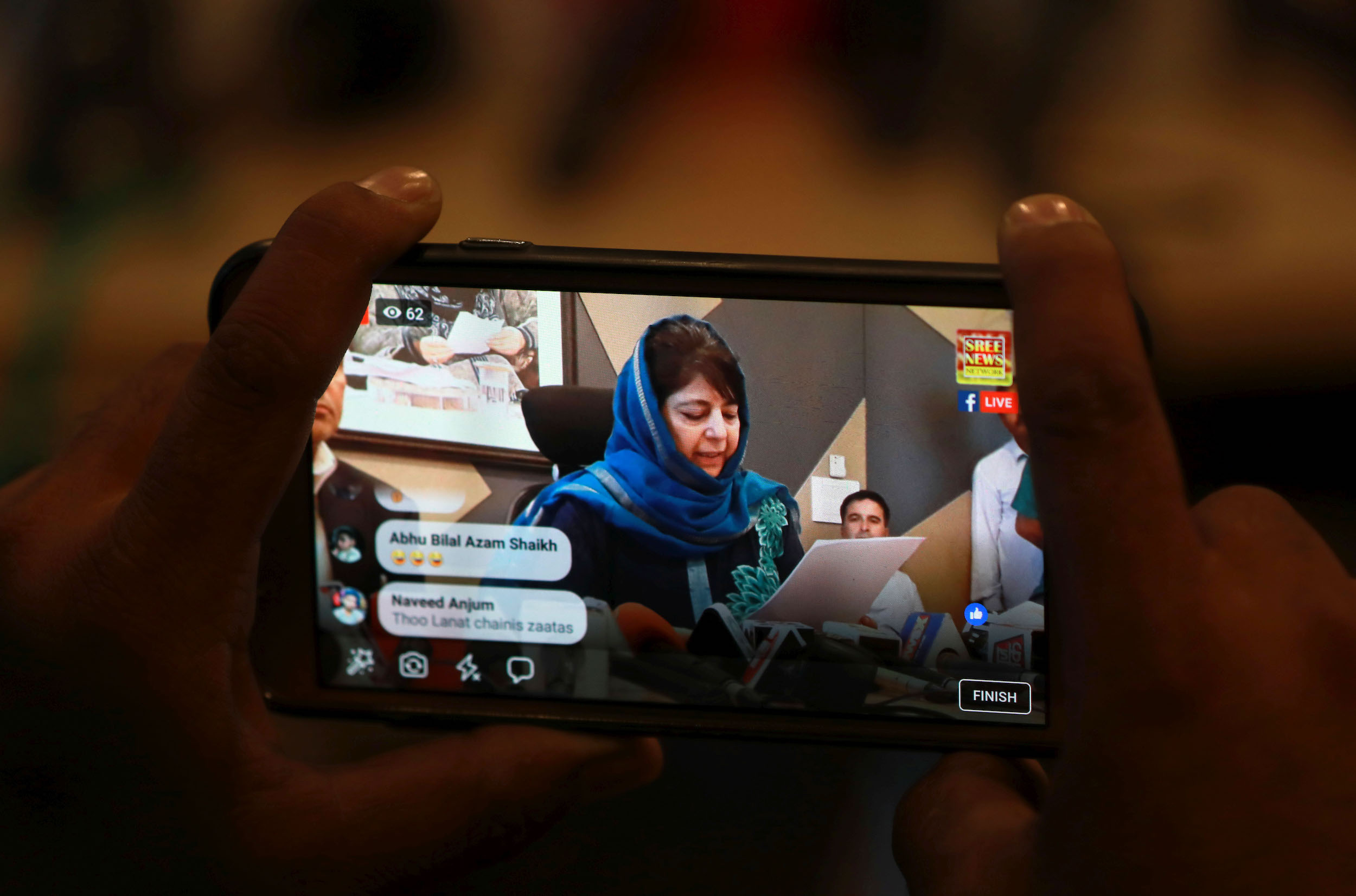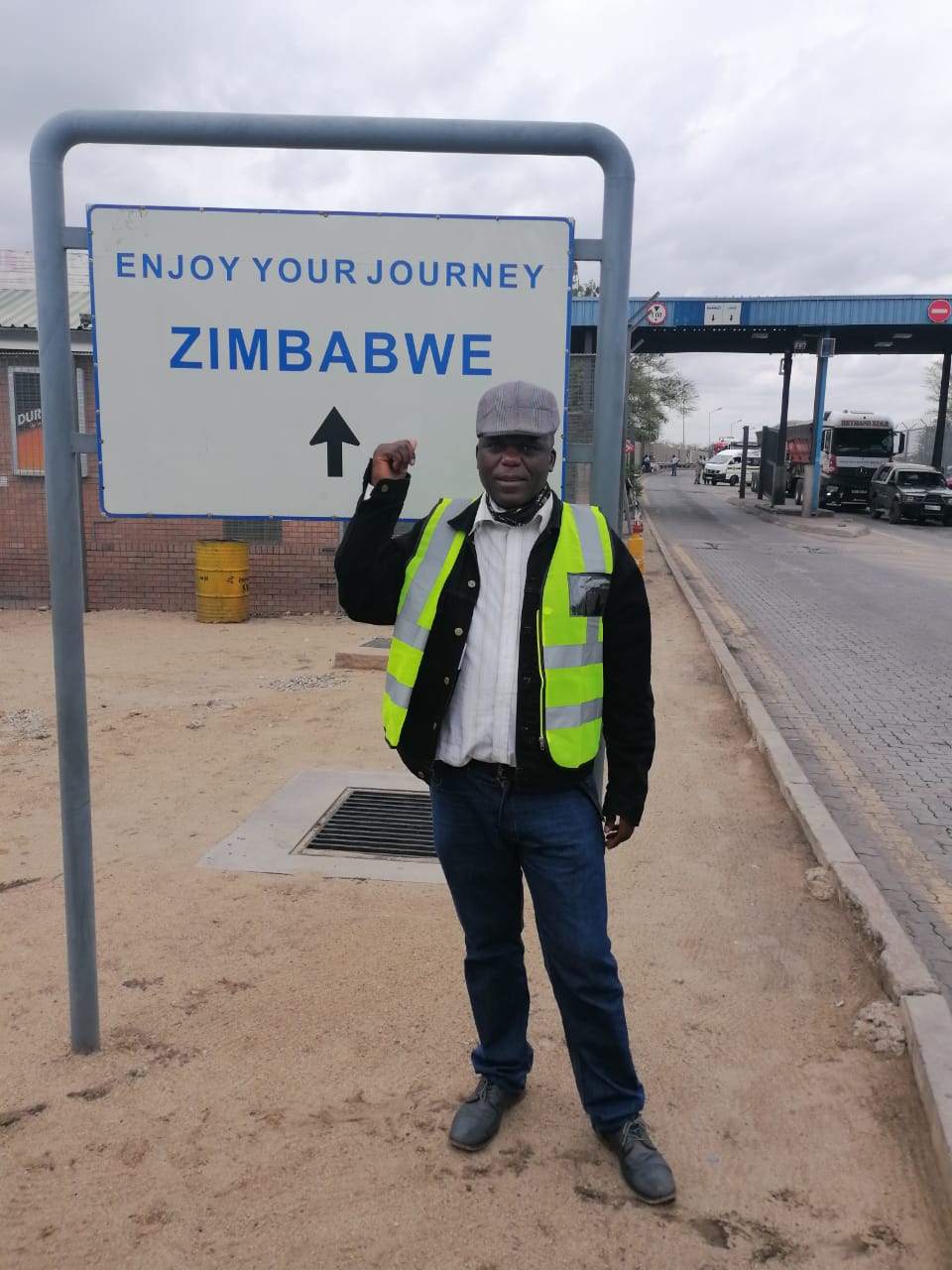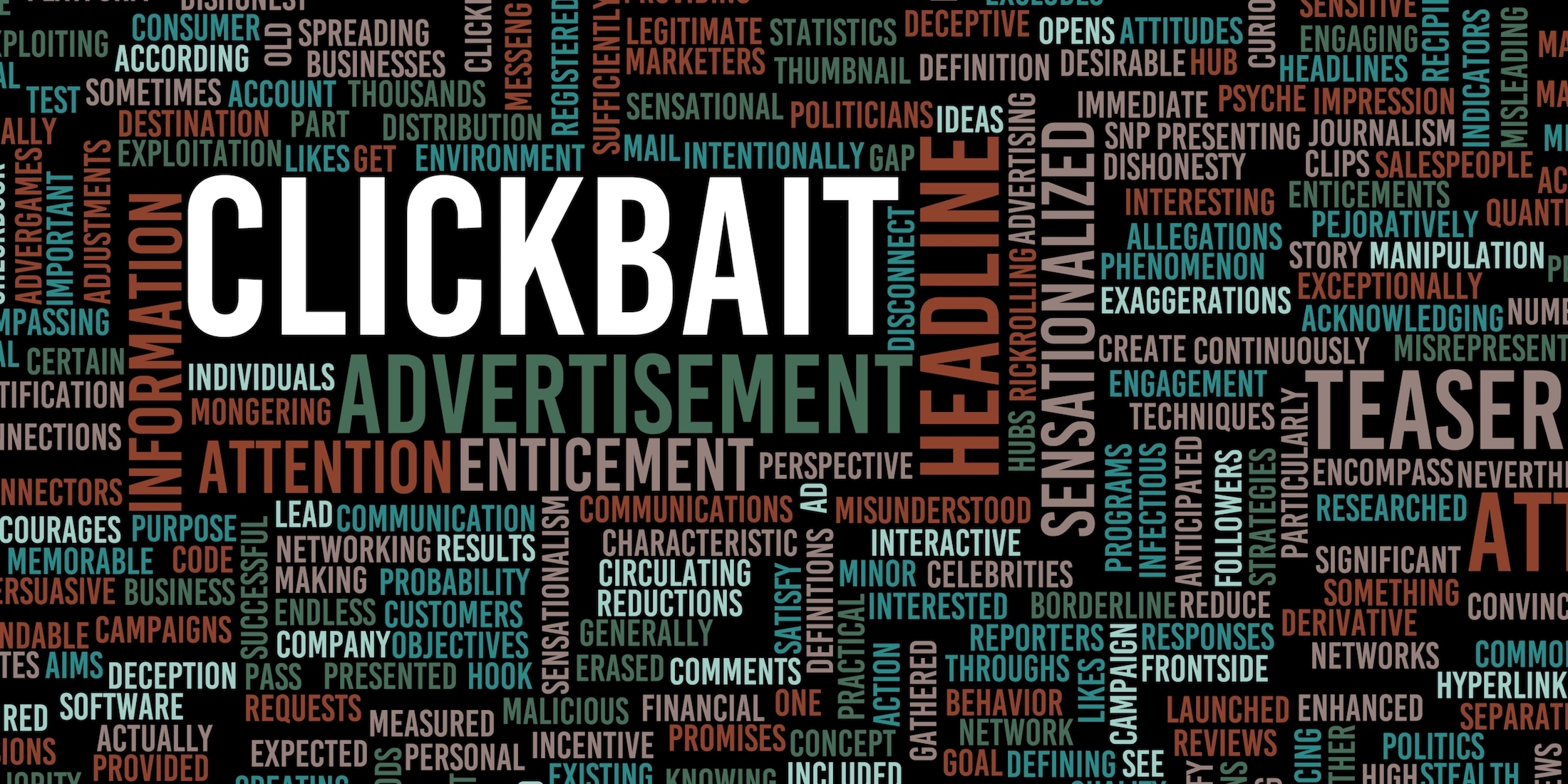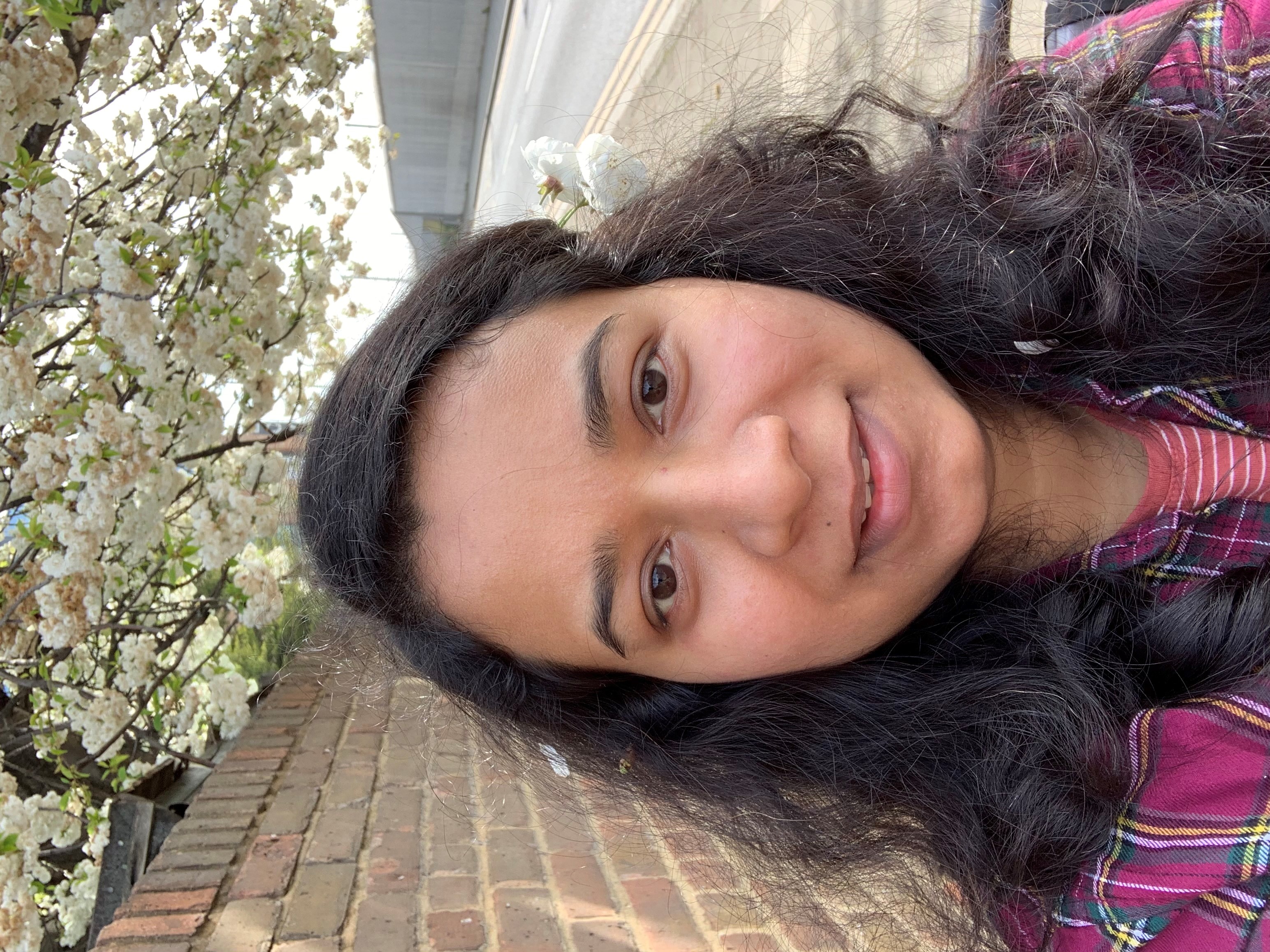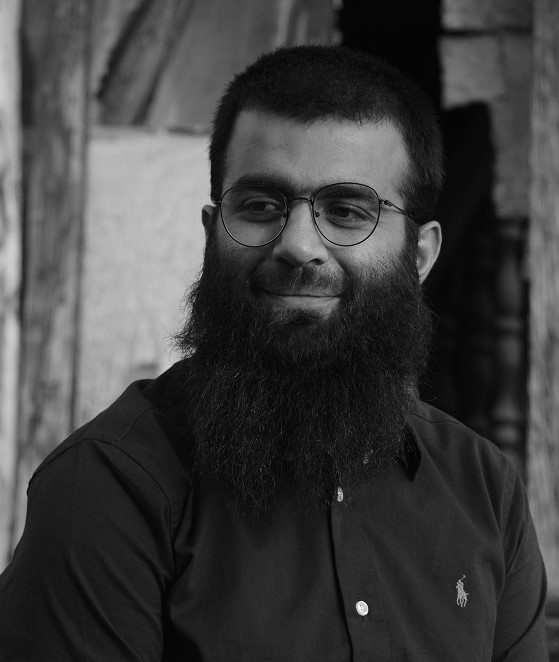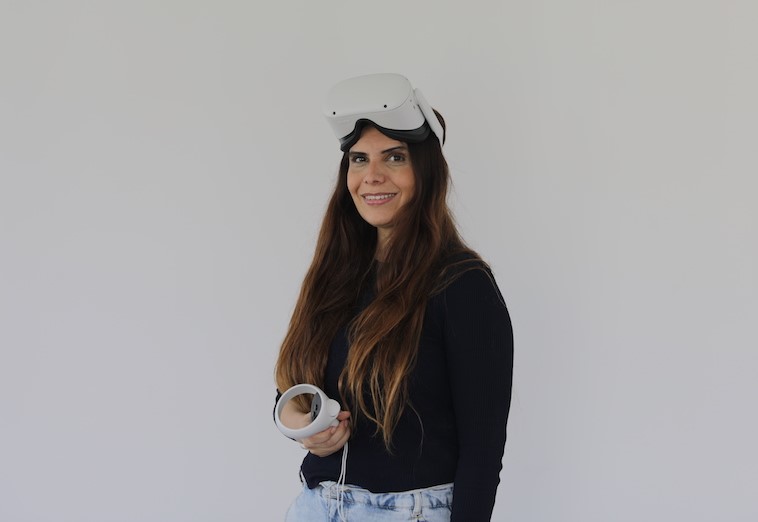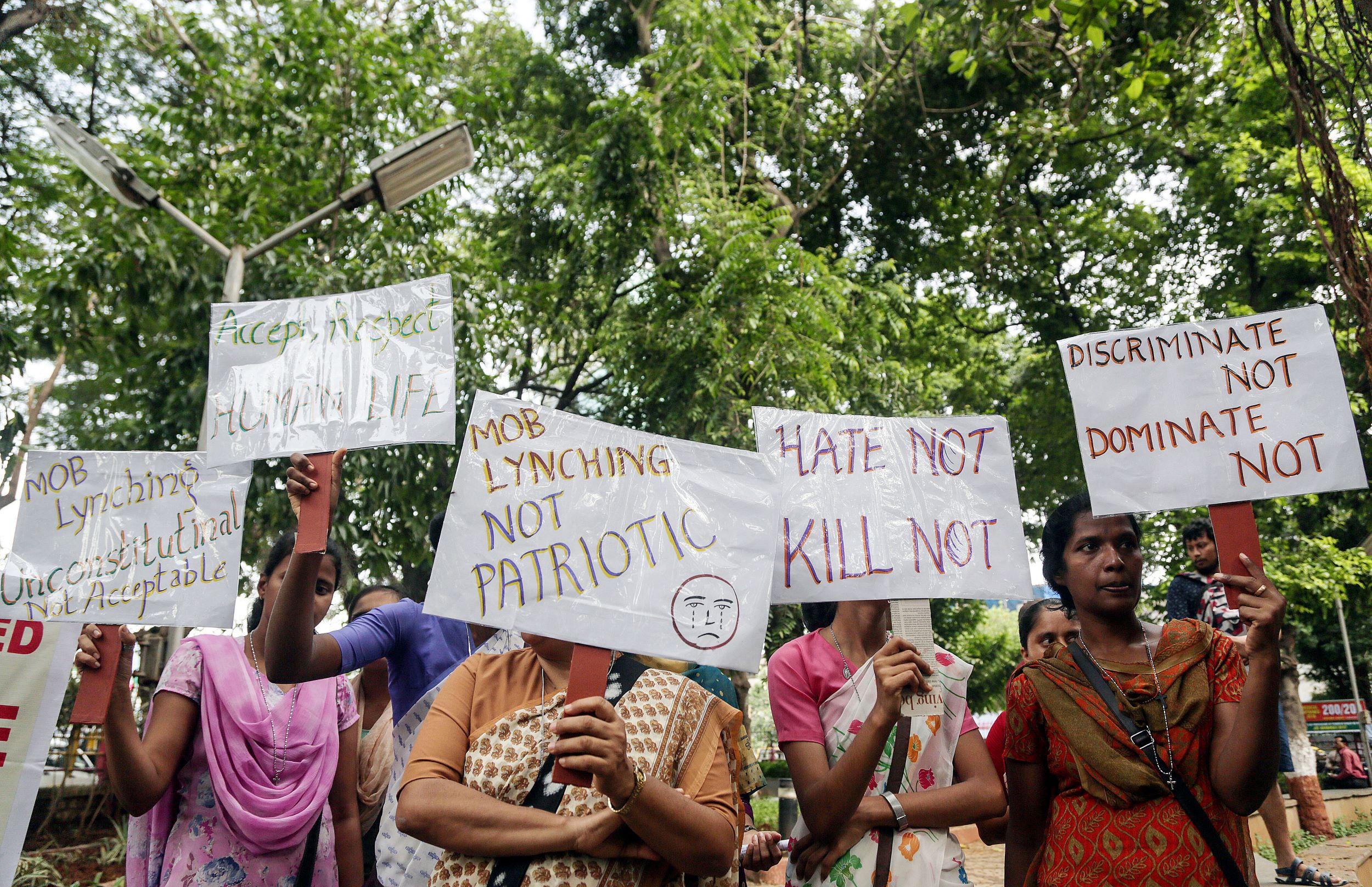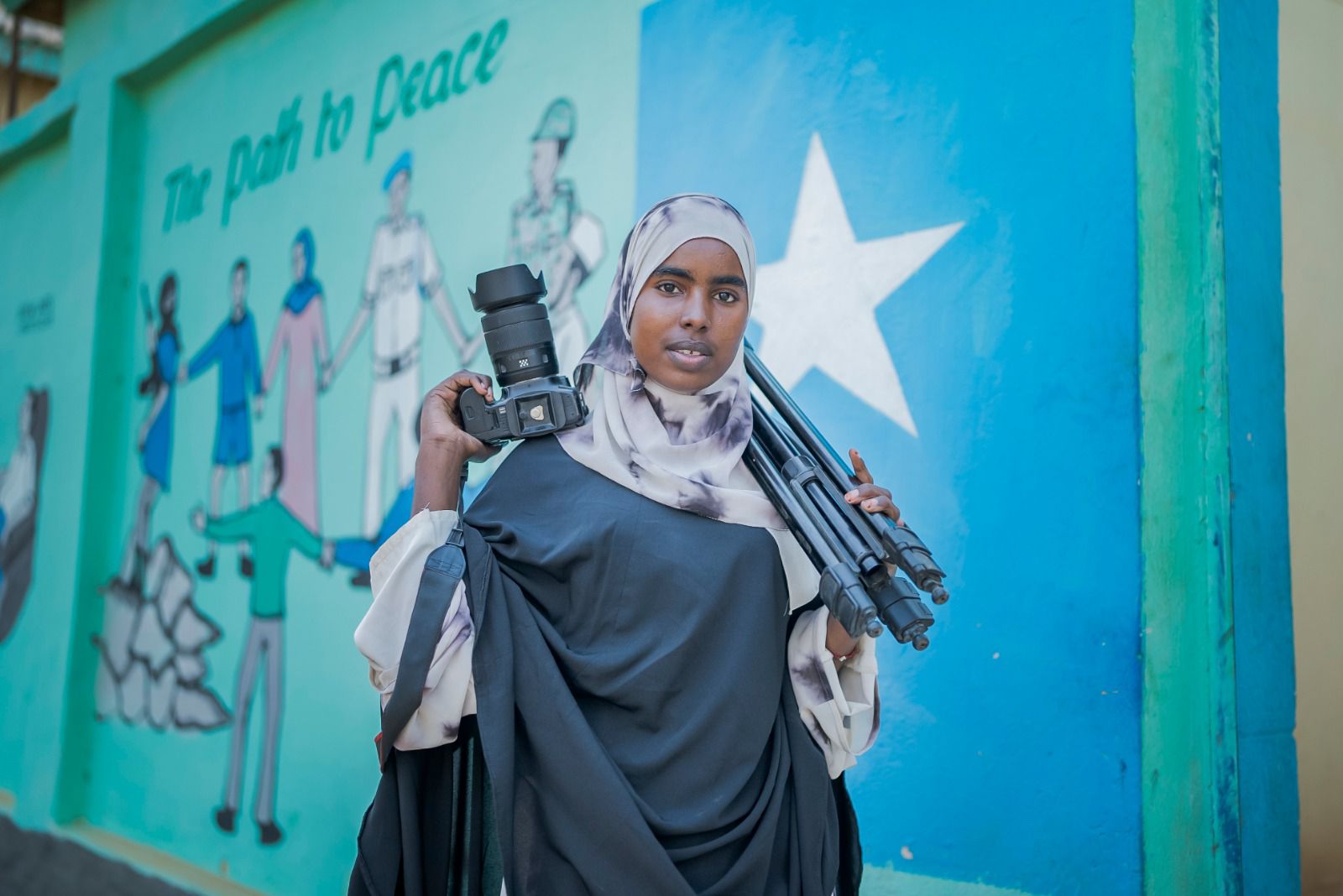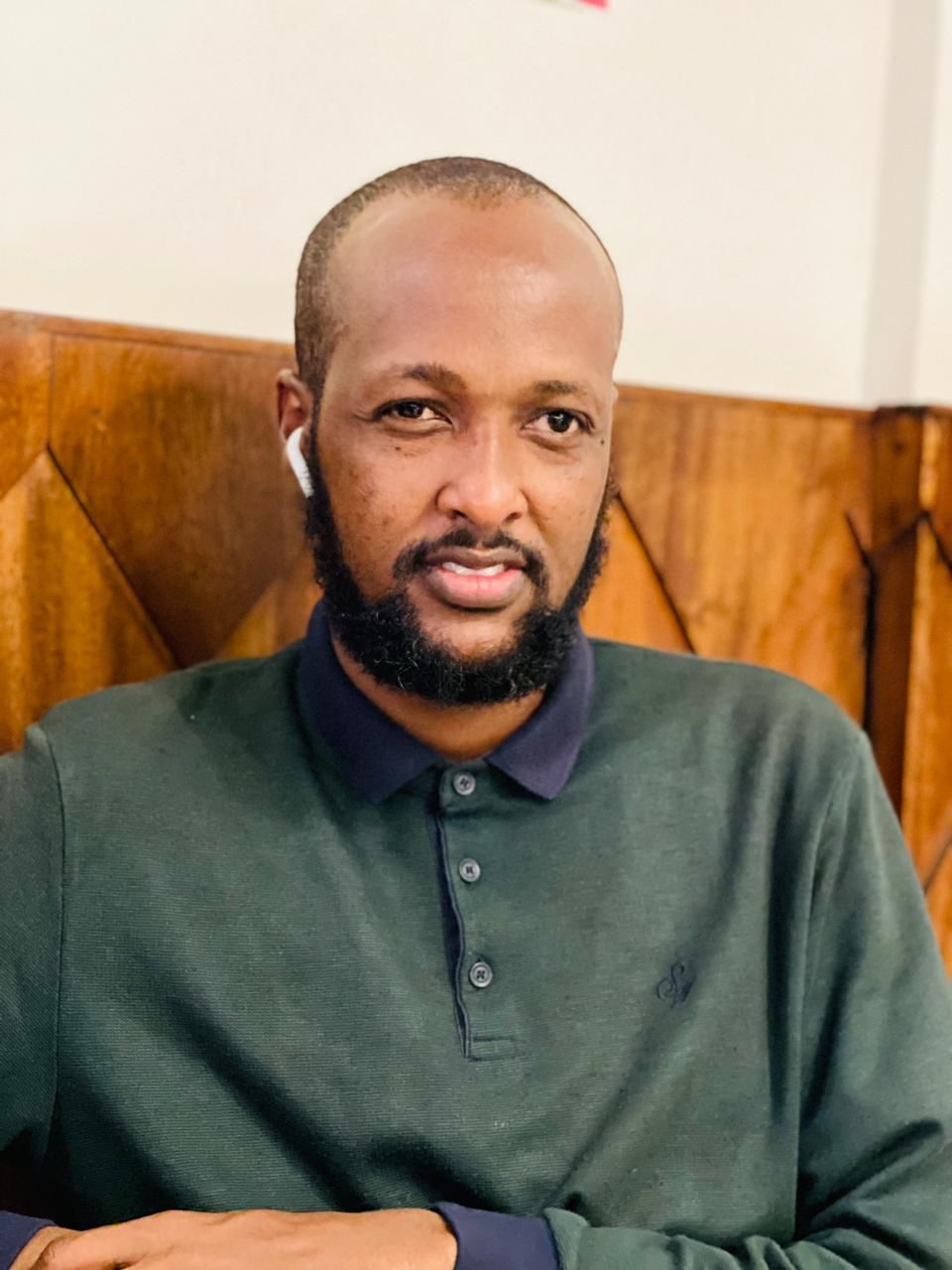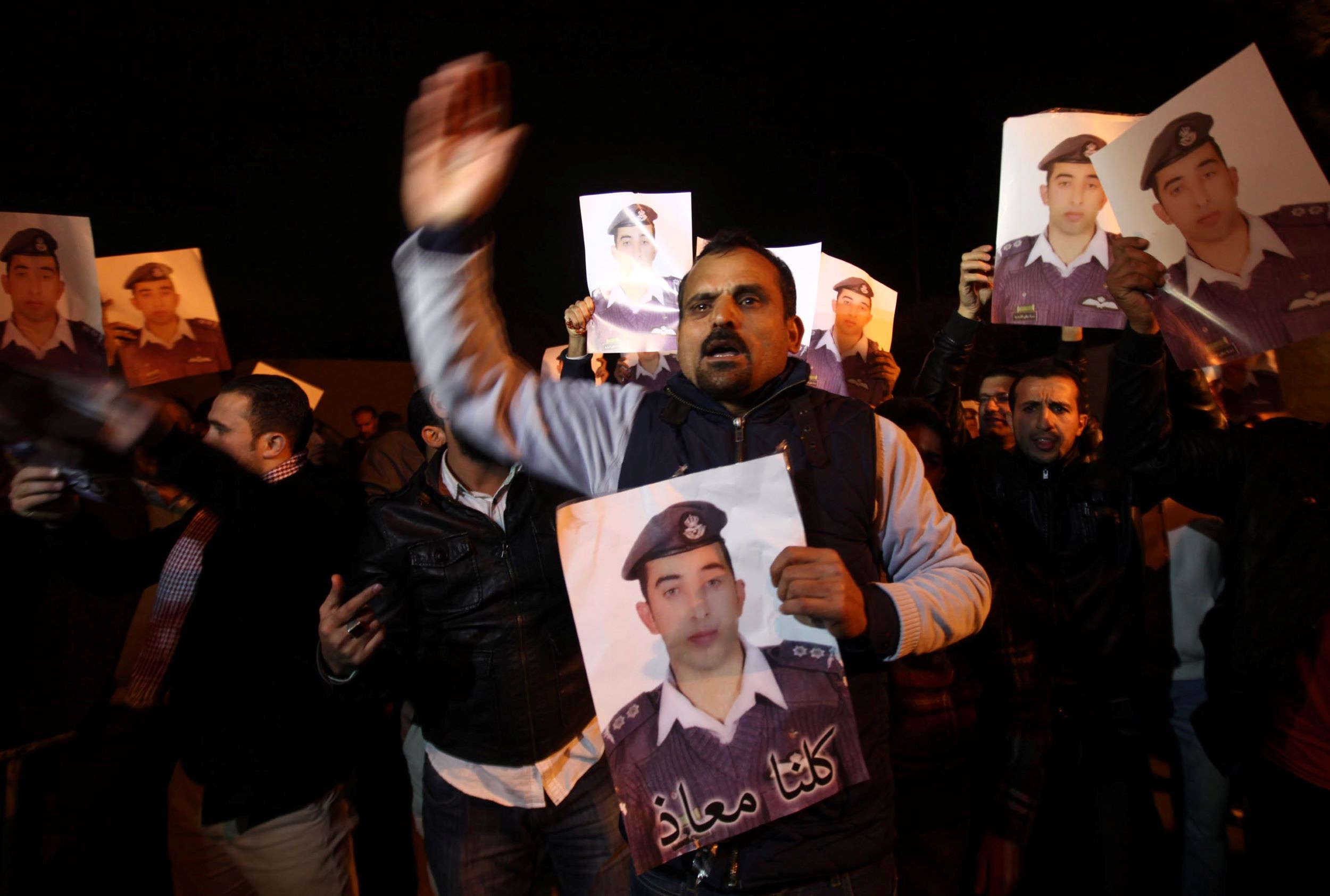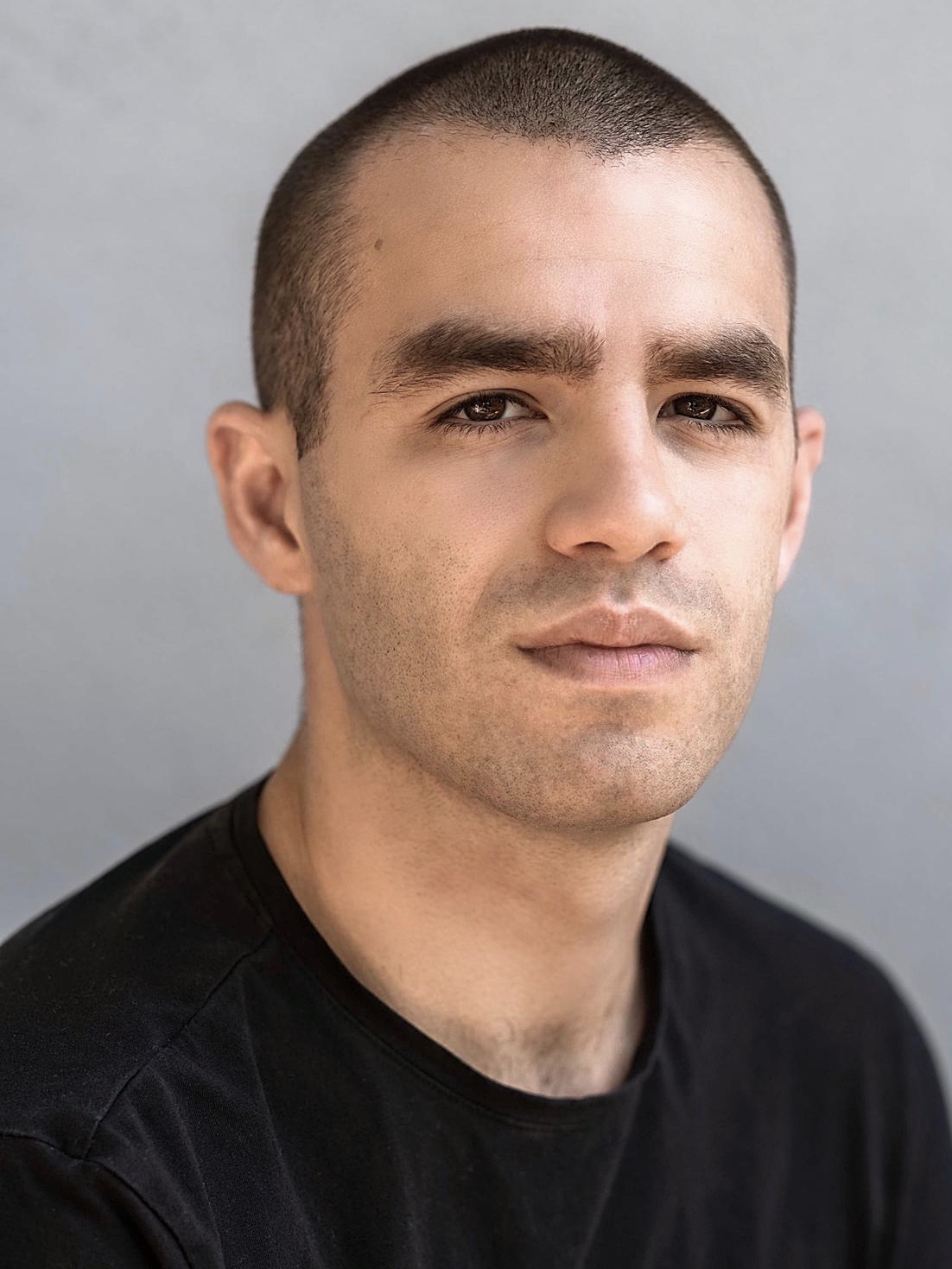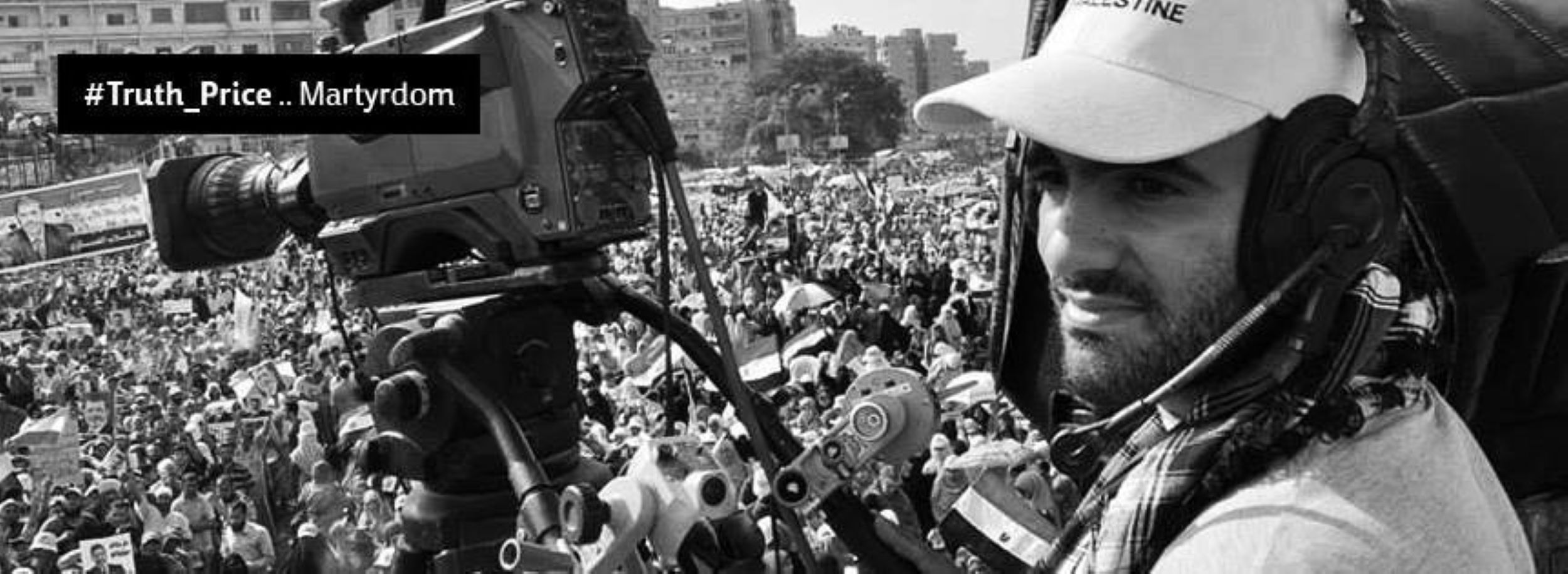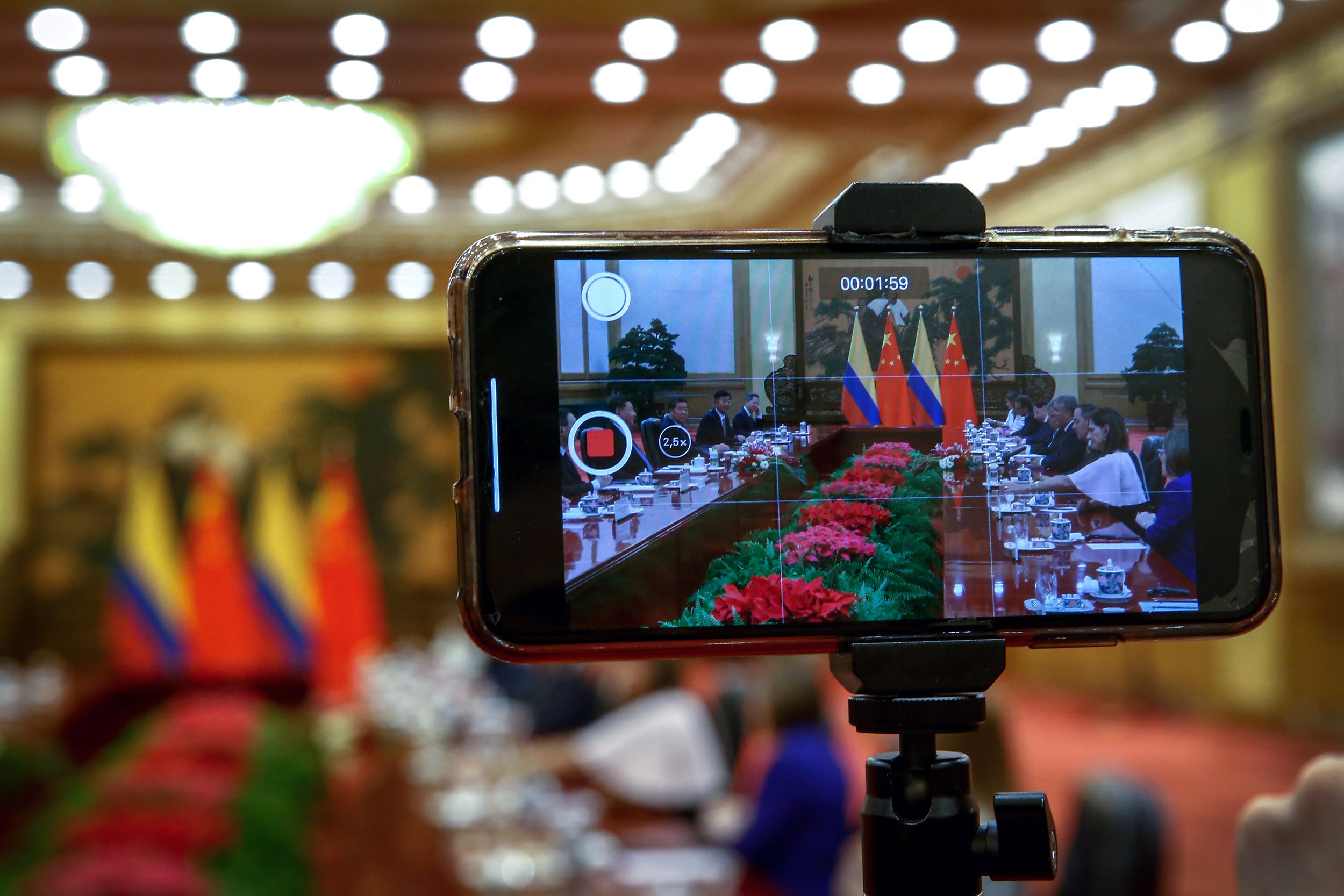Al Jazeera Journalism Review
‘No less than a fight for survival’ - life for mobile journalists in India
THE LONG READ: Mobile phones have made a career in the media more accessible to independent journalists. But they have also made it easier to exploit them
When covering refugee stories makes you a figure of hate
A wave of anti-migrant sentiment is gripping South Africa and those journalists covering it, who are migrants themselves, have become a particular target
A short history of ‘click-bait’ journalism
From the ‘Great Moon Hoax’ of 1835, ‘Yellow Journalism’ has been around longer than you might imagine. But can it survive forever?
How do journalists work under information blockades?
THE LONG READ: Internet blockades are used by governments to stifle dissent, unrest and even the reporting of war. We take an in-depth look at this phenomenon and highlight ways journalists can carry on working regardless
Should artists have a say about who gets to review their work?
ANALYSIS: Sometimes journalists and media organisations need to consider who should cover certain issues in order to improve reporting - as coverage of Indigenous affairs in Canada shows
Virtual reality in the newsroom - placing us in the middle of the story
Journalists can use virtual reality to get a much clearer view of what is happening on the ground during conflict or other major events. This is how it works
Why are so many journalists being killed in Bangladesh?
A decade after the brutal murders of a prominent journalist couple in Dhaka, the killers have still not been brought to justice - they remain at large along with those responsible for the deaths of many other journalists
‘I still have nightmares’ - reporting on hate crimes in India
A handful of brave journalists have taken on the task of documenting and exposing hate crimes - often at great personal cost
Caught between warring factions - life as a journalist in Cameroon
Cameroon’s anglophone crisis has resulted in large parts of the country becoming no-go zones for reporters who must find other ways to do their jobs
'We are not scared; we will tell our stories' - introducing Somalia’s first women-only newsroom
Braving threats from Al Shabaab as well as disapproval from their own, often patriarchal communities, six pioneering women have set up their own news agency in Somalia
Reporter’s notebook - analysing the video of a brutal murder
I spent a week watching a sickening video of the Jordanian pilot, Muath al-Kasasbeh, being burned alive by ISIL. Here’s how I set about verifying its contents and how I coped
‘Like walking on a tightrope’ - navigating a career as a journalist in Vietnam
THE LONG READ: Through a series of in-depth interviews with journalists in Vietnam, our writer - who remains anonymous for security reasons - paints a picture of censorship and journalists facing fines and even prison for mentioning ‘toxic’ subjects
‘It takes courage to be a journalist in India’ - charting the collapse of press autonomy
THE LONG READ: With a rising number of journalists in India receiving ‘summons’ from the police and even finding themselves in prison just for doing their jobs, we ask - why has the profession come under so much pressure in recent years?
Beyond bystanders: Citizen journalism during the Egyptian revolution
A journalist looks back at the founding of RASSD News Network during the Egyptian revolution, which trained and supported ordinary citizens to become journalists
How smartphones are changing the face of news journalism
The telegraph transformed the way that newspapers could report the news more than 150 years ago. Now, smartphones are doing the same for TV news organisations
